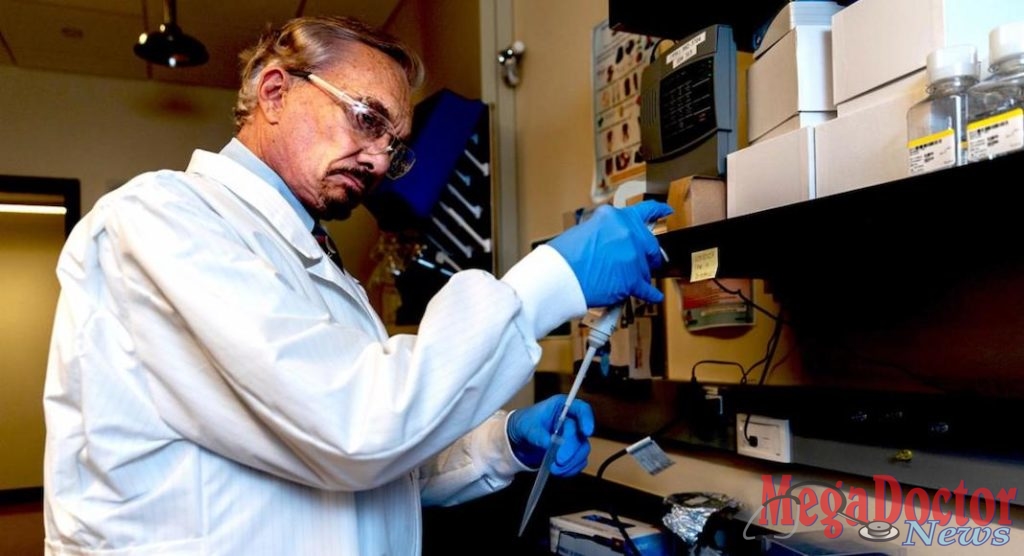
Mega Doctor News
By News and Internal Communications
RIO GRANDE VALLEY, TEXAS – Dr. John VandeBerg, a professor of Human Genetics at UTRGV, is part of an international research collaboration that has produced the first detailed roadmap of how our DNA sends its information to the embryo’s cells to control the development of different tissues and organs.
The process, called “gene expression,” can determine the health of an embryo by directing each organ to adapt to its changing environment.
The roadmap will be an invaluable resource for pinpointing the causes of developmental abnormalities in humans, both before and after birth, said VandeBerg, director of the Laboratory Opossum Research Resource, which is maintained by the Department of Human Genetics at the UTRGV School of Medicine.
The research also will be useful in establishing new therapies aimed at correcting errors in gene expression that cause abnormalities like learning disorders and mental retardation.
“The Human Genome Project, completed in 2003, determined the structure of each of the 20,000 genes in the genome,” he said. “Our roadmap of gene expression tells us how differences in the expression of those genes lead to the creation of different tissues and organs with different physiological functions.”
Results of the eight-country collaboration were published in June in a manuscript – “Gene expression across mammalian organ development” – in the prestigious British journal “Nature.”
The manuscript is available in its entirety at https://doi.org/10.1038/s41586-019-1338-5.

“This research speaks to the importance of international collaboration in science,” VandeBerg said.
The transnational initiative has been ongoing for about a decade and involves institutions based in China, Germany, Portugal, Russia, Switzerland, Sweden, the United Kingdom and the United States. The lead institution is Heidelberg University in Germany.
The roadmap was completed for humans, laboratory mice and five other species, including the laboratory opossum, a small marsupial that closely resembles a human embryo at six weeks of development.
VandeBerg’s lab, which developed and maintains the only large breeding colony of laboratory opossums in the world, had a vital role in the published results by helping researchers understand similarities and differences in organ development between placental mammals and marsupials. He contributed his expertise with the species to the published work, and he and his team collected data from more than 100 opossums for this project.
“The roadmap of changes in gene expression during normal development will guide the way to developing new strategies for preventing and treating abnormalities caused by aberrant gene expression,” he said.







